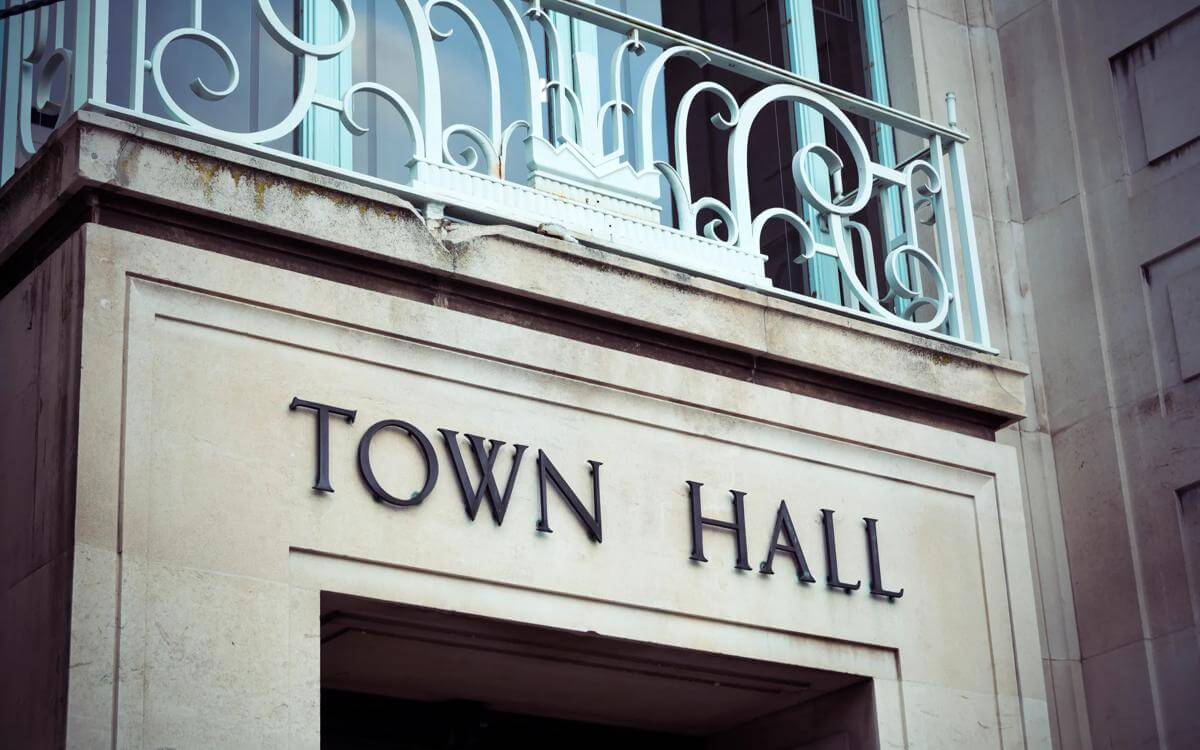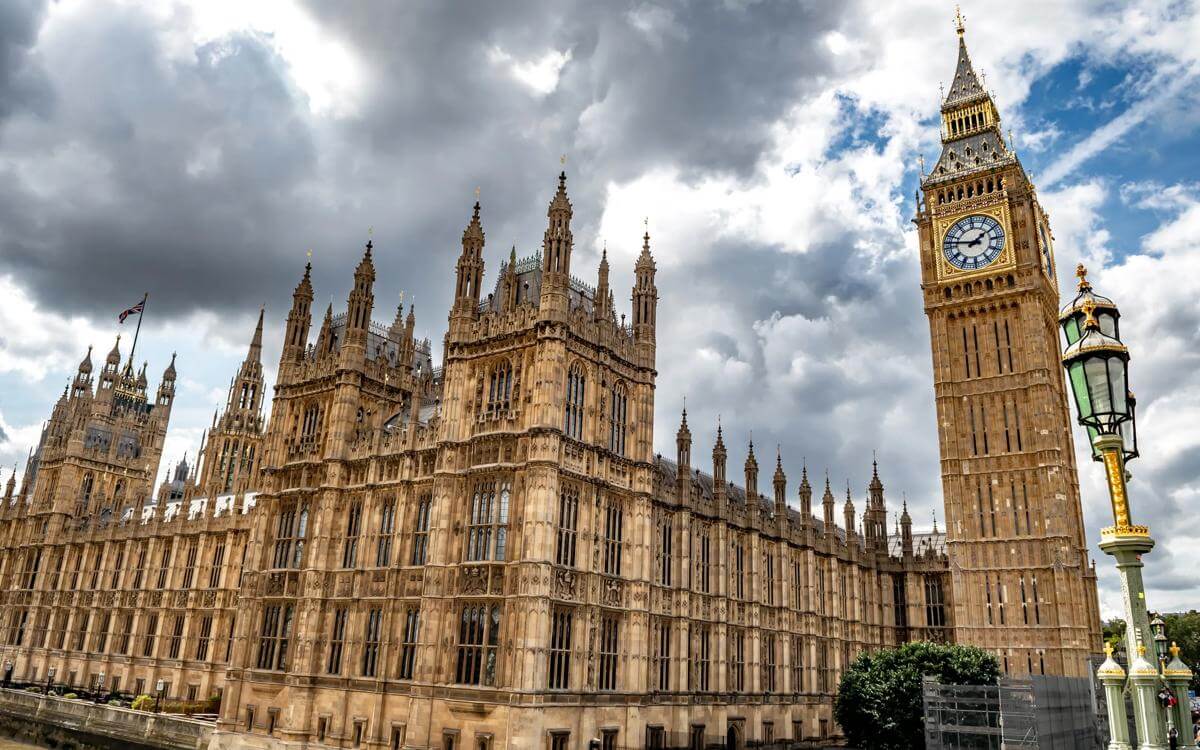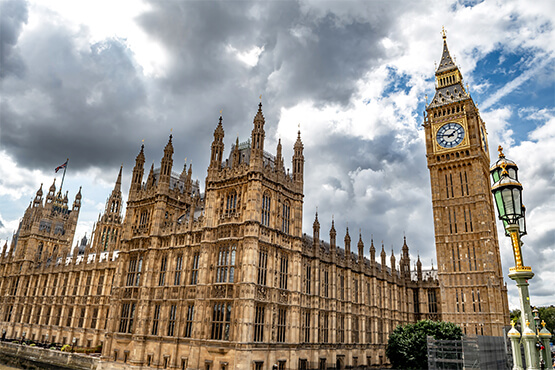COVID-19 child protection practice - four months in - lessons learned so far
In June 2020 the University of Birmingham published a research briefing exploring the impact of the COVID-19 pandemic on child protection practice.
Please note: the information contained in this legal update is correct as of the original date of publication
In June 2020 the University of Birmingham published a research briefing exploring the impact of the COVID-19 pandemic on child protection practice.
It is of interest to us and our clients because we handle so many claims against Local Authorities and their Insurers based on alleged shortcomings in social work practice. Changes in the law mean that these claims may be on the decline, but a number of test cases will have to be heard before there is clarity on that issue. In the meantime we know that claims have, in the past, been successful because records have shown evidence of one or more of the following issues:
- Drift – in terms of social workers not keeping on top of their relationships with children and families, or monitoring children sufficiently closely;
- Push back from families – where aggression or lack of cooperation means that social workers have been unable to form close relationships with children through proper home visits or helping parents to acquire the skills needed to keep their children safe;
- Significant turnover and lack of consistency in staff;
- Poor record keeping for whatever reason.
This latest report is relevant, because it focuses on the need for social workers to get close to children in order to deliver effective child protection work, and how COVID-19 has compromised that.
In the first three months of this study, conducted across four local authorities, researchers recorded findings about the challenges and often impossibility of achieving social distancing during home visits. They explored with social workers the implications of this for keeping children, families and social care staff from the virus.
The near impossibility of social distancing
Social Workers working with families who were lower risk and had decent access to IT were often able to make “virtual home visits” using video calls. The efficacy of this depended on first a robust risk assessment to ensure that that was sufficient support for each family and second on decent quality smartphones and IT. A preliminary analysis suggests that the poorer IT and smartphone availability the more frequent home visits have to be with increased risk to all those involved.
For children on child protection plans and complex need most social workers continued to visit in person and described social distancing as almost impossible. Practitioners reported small children were too young to understand the need for it – particularly if there was an established relationship between the social worker and each child before lockdown.
Even older children and teenagers were reported not to practice social distancing because many want to be close to their worker and gain comfort from that physical proximity or from being held and experiencing touch.
Not enough room
Similarly many homes, particularly for families living in one or two rooms or emergency simply don’t provide sufficient space for two or even metre distancing to be maintained.
Social workers pointed out they have very little control over the environment, and its often the consistent inadequacy of that environment that leads to a Child Protection Plan being in place.
Parental Engagement
The report finds that whilst many home visits were calm and congenial, there were an equally large number where chaotic families were being supported because CPPs identify fear of neglect. These are the very families where social workers fear regular hand washing is almost certainly not happening and these are the families where parents are most likely to be volatile and dangerous; presenting a risk both to the social workers visiting them and the children they are trying to protect.
The key risks identified were:
- To social workers themselves – where insufficient guidance, PPE or cleansing materials were available.
- To the families each social worker visited – with a risk of spreading the virus in between homes (the suggestion that social workers should go home to change clothes before each visit being impracticable).
- To social workers’ families – with fears that social workers could be bringing the virus home with them after their visits.
- Increased risk of anxiety and burn out for social workers, who were almost all working from home – often from kitchen tables and spare rooms rather than conventionally set out workspaces.
There were some positives, to be read with dash of caution. Throughout, researchers commented on the commitment, innovation and adaptability of social workers and their managers. However, as the report says “viewed systematically…social workers needed to be protected from how their professional ethics may drive them to take excessive risks in being with children”.
Contact

Sarah Erwin-Jones
Partner
Sarah.Erwin-Jones@brownejacobson.com
+44 (0)115 976 6136








































